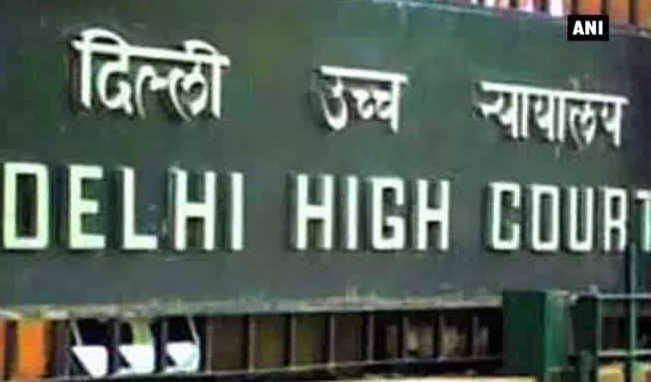Satya Prakash
Tribune News Service
New Delhi, August 24
The Delhi High Court on Friday convicted four men of murder and 28 others from the Jat community of rioting and certain other offences in connection with burning alive a 70-year-old Dalit man and his physically-challenged daughter at Mirchpur village in Hisar district of Haryana in April 2010.
A Division Bench headed by Justice S Muralidhar, who dismissed the appeals of the 13 accused against their conviction, also reversed acquittal of 20 accused for “coordinate and premeditated” attack on the Balmiki basti that forced 254 families to flee their homes. The Bench, which also included Justice IS Mehta, upheld the acquittal of 21 other accused.
The four convicted of murder have been given life imprisonment while the remaining 28 convicts —found guilty under various provisions of the Indian Penal Code and the Scheduled Castes and Scheduled Tribes (Prevention of Atrocities) Act, 1989 — have been given varying sentences. The convicts have been imposed fines amount ranging from Rs 1,000 to 10,000 each which will be spent towards victims’ rehabilitation.
Those convicted of murder are Kulwinder, Ramphal, Rajender and Pawan.
The High Court set aside the trial court’s finding that this was not an instance of violence driven by caste hatred, terming it “unsustainable” and “hereby”.
The High Court directed that the convicts currently not in jail shall surrender on or before September 1, failing which the SHO of PS Narnaul, Haryana, will take all necessary steps to take them into custody.
In all 103 accused persons were sent up for trial. But five of them being juveniles were tried before the Juvenile Justice Board, Hisar. The trial of the case was shifted to Delhi on the orders of the Supreme Court in December 2010 and a Sessions Court had acquitted 82 of the remaining 98 accused who faced trial. It had convicted 16 accused but three of them died during pendency of their appeals in the Delhi High Court.
Citing a July 8, 2018, report published in The Tribune, the High Court appreciated the Haryana Government’s decision to spend Rs.4.56 crore to rehabilitate the Dalits of Mirchpur village in a newly carved town Deen Dayal Puram in Dhandoor village adjoining Hisar town.
“…it is a sobering fact that the Government of Haryana has sought to rehabilitate the displaced families not in Mirchpur but in a separate township. The question is whether this accords with the constitutional promise of equality, social justice and fraternity assuring the dignity of the individual, the HC said.
The Bench lamented that even “71 years after Independence, instances of atrocities against Scheduled Castes by those belonging to dominant castes have shown no sign of abating”.
It said the Mirchpur incident was yet another grim reminder of “the complete absence” of “equality” and “fraternity” in Indian society as noted by Dr BR Ambedkar when he tabled the final draft of the Constitution of India before the Constituent Assembly on November 25, 1949.
The High Court was deciding cross-appeals filed by the convicts, the State of Haryana and the victims against the September 24 verdict of a Delhi Sessions Court. They were sentenced on October 31, 2011.
The Bench said, “There was a deliberate targeting of the houses of the Balmikis by the Jats” and “an instance of caste-based violence meant to teach the Balmikis a lesson for the perceived insult caused to the Jats on 19th and 21st April 2010”.
It held that “The Jats had planned their attack in advance and had come to the Balmiki basti well armed with oil cans, rehrisfilled with stones, lathis, gandasis, jellies, etc., and “the properties of the Balmikis were burnt and their belongings were damaged/destroyed as is evidenced by the photographs and videograph on record.”
The house of Tara Chand was set on fire resulting in burning alive of the father and daughter on April 21, 2010, after a dispute between the Jat and Dalit communities of the village.
On October 31, 2011, the trial court had sentenced Kulwinder, Dharambir and Ramphal to life imprisonment for committing unintentional killing under Section 304 of the Indian Penal Code.
Five others—Baljeet, Karamveer, Karampal, Dharambir and Bobal—were handed down jail term of five years by the trial court for their offences, including rioting, voluntarily causing hurt, mischief and putting ablaze victims’ houses and provisions of the SC/ST (POA) Act. Seven others, convicted under milder penal provisions, were released on probation by the trial court.
Baljeet, Botal and one Rishi died during the pendency of their appeals.
Unlock Exclusive Insights with The Tribune Premium
Take your experience further with Premium access.
Thought-provoking Opinions, Expert Analysis, In-depth Insights and other Member Only Benefits
Already a Member? Sign In Now










